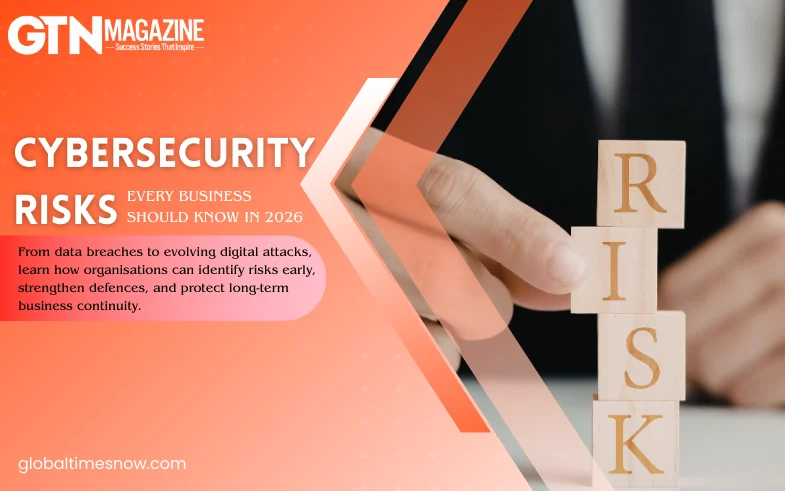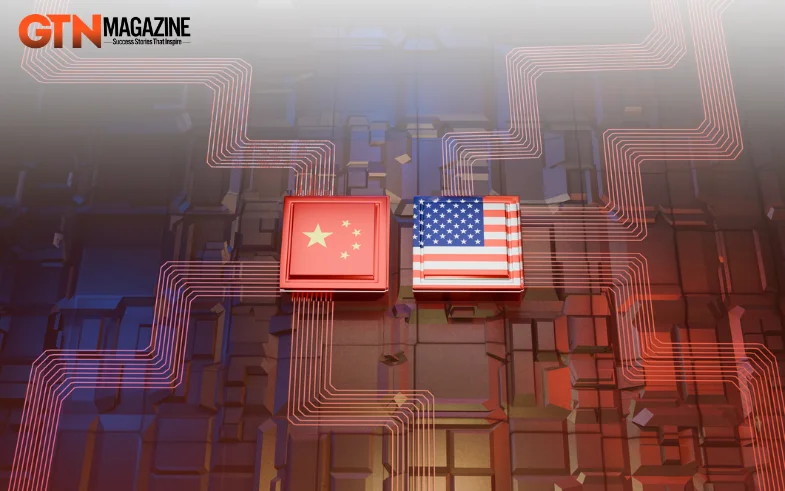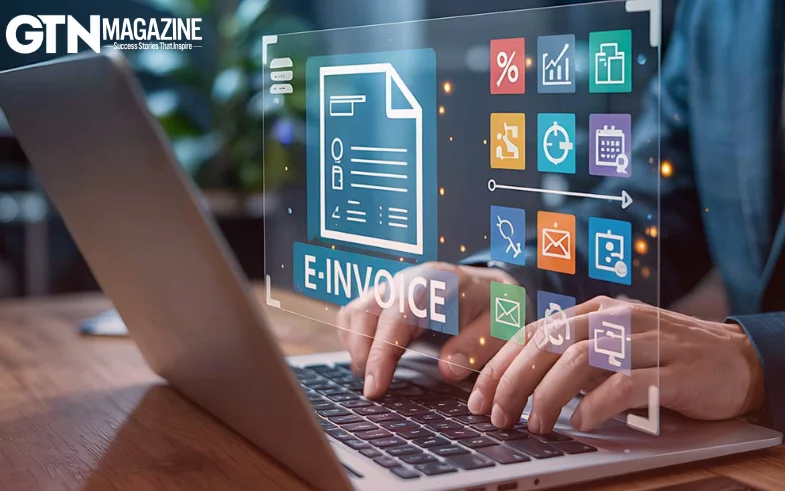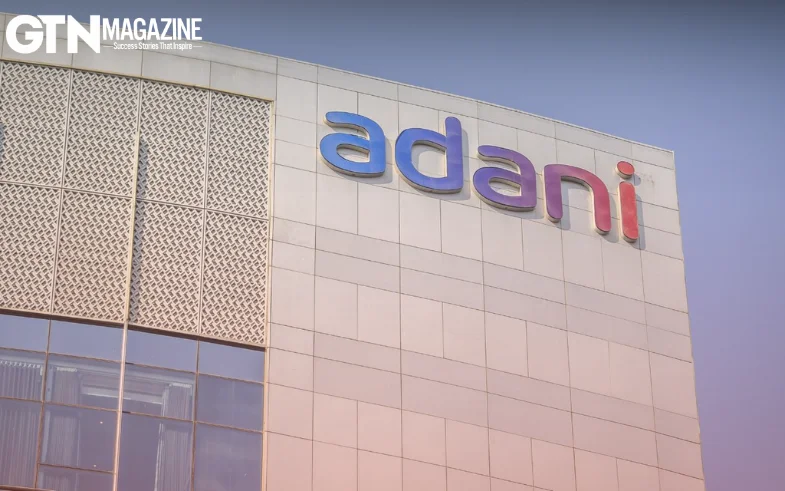The world of business has never evolved faster than it is today. With technological innovations, changing consumer behaviors, global economic shifts, and environmental concerns, entrepreneurs and companies must stay alert to survive — and thrive. 2025 is shaping up to be a defining year where agility, sustainability, and creativity will matter more than ever.
Whether you’re a startup founder, a small business owner, or an executive at a growing company, understanding the major business trends is crucial.
Let's dive deep into the top business trends that will shape 2025 and beyond.
1. Artificial Intelligence Becomes a Core Business Partner
Artificial intelligence (AI) is no longer a "future" tool — it's a present necessity.
In 2025, AI will move deeper into the everyday workings of businesses, from customer service chatbots and predictive analytics to personalized marketing and intelligent supply chain management.
Companies will increasingly rely on AI not just for automation but for making smarter, faster decisions.
Entrepreneurs who understand AI's potential — and its limitations — will find ways to optimize operations, enhance customer experiences, and gain a competitive edge.
Key Areas Where AI Will Dominate:
-
Predictive customer behavior analysis
-
Automated customer service
-
Personalized content recommendations
-
Workflow automation
2. Sustainability Shifts from Option to Obligation
In 2025, sustainability won’t just be a nice-to-have marketing angle; it will become a core business requirement.
Consumers, investors, and governments alike are demanding stronger environmental responsibility from brands.
Businesses will be expected to:
-
Reduce carbon footprints
-
Offer sustainable packaging
-
Use ethically sourced materials
-
Promote transparency around environmental impact
Companies that fail to take sustainability seriously risk losing market share, funding, and customer trust.
Entrepreneurs who embed green thinking into their brand DNA will lead the next wave of innovation.
3. The Rise of Hyper-Personalized Customer Experiences
Today's customers don’t want to feel like a number — they want to feel seen and understood.
In 2025, hyper-personalization will go beyond inserting a customer's name into an email.
Businesses will use data, AI, and behavioral analysis to deliver deeply customized experiences at every touchpoint.
For example:
-
E-commerce stores will recommend products based on browsing habits and past purchases.
-
Service businesses will tailor offerings based on customer lifestyle preferences.
-
Marketing campaigns will dynamically adjust to real-time user behavior.
Companies that invest in personalization technology will dramatically increase customer loyalty and lifetime value.
4. Remote and Hybrid Work Becomes the Norm
The COVID-19 pandemic permanently changed work culture, and the trend toward remote and hybrid work is only strengthening.
In 2025, flexible work environments will be standard across industries, not the exception.
Businesses must rethink how they:
-
Manage remote teams
-
Measure productivity
-
Foster company culture without a traditional office
-
Offer flexibility to attract and retain top talent
Entrepreneurs who embrace distributed work models can tap into global talent pools, reduce overhead costs, and offer employees a healthier work-life balance — a major competitive advantage.
5. Subscription-Based Models Dominate Revenue Strategies
The "ownership" economy is giving way to the "access" economy.
Consumers prefer subscribing to services rather than buying products outright — and this trend is accelerating across industries.
Subscription models are popping up everywhere:
-
Software-as-a-Service (SaaS)
-
Subscription boxes (beauty, food, fashion)
-
Fitness memberships
-
Streaming services
In 2025, even unexpected industries like healthcare, education, and home maintenance will offer subscription options.
Entrepreneurs should consider how to create recurring revenue streams by offering ongoing value rather than one-time transactions.
6. Digital Wallets and Cryptocurrency Go Mainstream
Cashless transactions are now a daily norm, but 2025 will see digital wallets and cryptocurrency becoming even more embedded into everyday commerce.
Businesses will increasingly:
-
Accept crypto payments (Bitcoin, Ethereum, and stablecoins)
-
Integrate digital wallets like Apple Pay, Google Pay, and PayPal
-
Explore blockchain-based loyalty programs and smart contracts
For entrepreneurs, offering multiple payment options isn't just convenient; it also builds trust with tech-savvy consumers who expect flexibility and innovation.
7. Mental Health and Employee Wellbeing Become Business Priorities
Workplace burnout and mental health issues have been rising globally, and in 2025, businesses will be expected to proactively support employee wellbeing.
Forward-thinking companies will:
-
Offer mental health days
-
Provide access to counseling and wellness programs
-
Design jobs that promote balance, not overwork
-
Measure employee satisfaction alongside traditional KPIs
Businesses that genuinely care for their teams will not only attract better talent but also see higher productivity, creativity, and brand loyalty.
New Entrepreneurial Mindsets for 2025
As the business landscape transforms, so too must entrepreneurial thinking.
In 2025, success will favor entrepreneurs who:
-
Adapt Quickly: The pace of change is faster than ever. Flexibility wins.
-
Focus on Value Creation: Solve real-world problems, not just chase trends.
-
Think Globally, Act Locally: Digital tools allow global reach, but local authenticity still matters.
-
Invest in Lifelong Learning: Entrepreneurs who stay curious and constantly upgrade their skills will outlast their competitors.
Building a business in 2025 requires more than a good product — it demands strategic vision, empathy for customers and employees, and a deep understanding of global trends.
Final Thoughts: Prepare Today for the Business World of Tomorrow
The future isn't waiting — it’s already here.
The businesses that succeed in 2025 will be the ones that see trends early, act boldly, and stay human-centered even in a world of rapid automation.
If you’re serious about growth, now is the time to rethink your strategy, adapt your offerings, and build the kind of brand that customers trust, admire, and stay loyal to.
“The best way to predict the future is to create it.” — Peter Drucker
You may also like:-






















